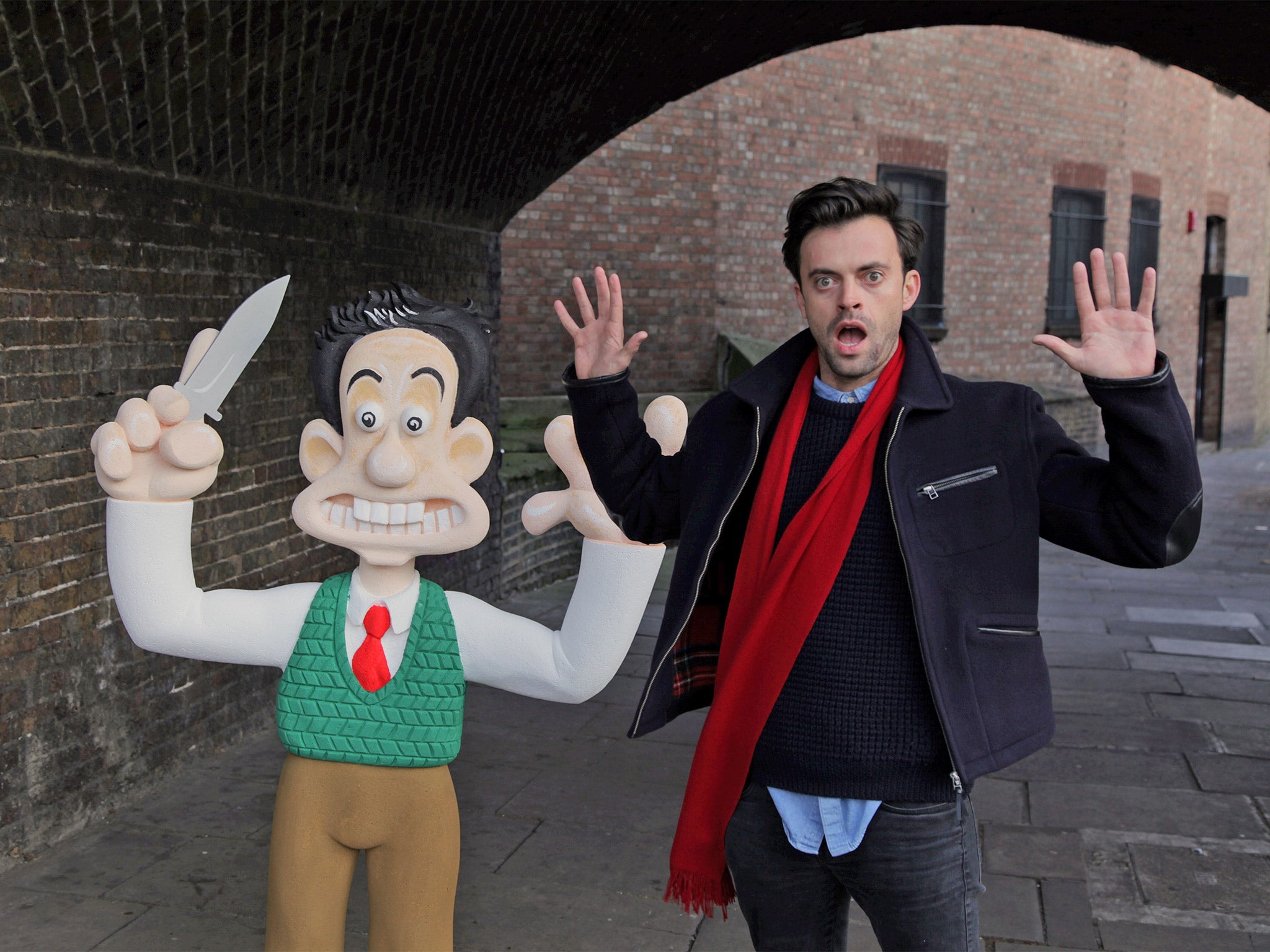Your support helps us to tell the story
From reproductive rights to climate change to Big Tech, The Independent is on the ground when the story is developing. Whether it's investigating the financials of Elon Musk's pro-Trump PAC or producing our latest documentary, 'The A Word', which shines a light on the American women fighting for reproductive rights, we know how important it is to parse out the facts from the messaging.
At such a critical moment in US history, we need reporters on the ground. Your donation allows us to keep sending journalists to speak to both sides of the story.
The Independent is trusted by Americans across the entire political spectrum. And unlike many other quality news outlets, we choose not to lock Americans out of our reporting and analysis with paywalls. We believe quality journalism should be available to everyone, paid for by those who can afford it.
Your support makes all the difference.It's 83 days until the general election and TV is getting political.
Last night on BBC3, Jolyon Rubinstein, the prankster/activist/film-maker behind the same channel's The Revolution Will Be Televised, offered his take with An Idiot's Guide to Politics, an hour of pranks (Miliband as Wallace statue delivered to Unite; fire brigade with Pants on Fire undies to Tory HQ etc), interviews, and campaigning that jumped across issues but was based around the problem that members of the general public – especially young ones – perceive politicians as self-interested fibbers.
And sure, some politicians are liars. But most aren't. And – actually – glibly dismissing our elected representatives as lowlifes, as many people did here, is just as lazy and damaging as any political white lies.
Rubinstein's main thread became tackling the "problem" of MPs telling lies in Parliament. To that end, he began a Change.org petition to ban lying in Parliament. Regardless of the chilling effect that would have on Parliamentary privilege (could Paul Farrelly have brought the world's attention to the Trafigura toxic waste dump if not for privilege? Absolutely not) it's also built on a twisted crux.
The main lie that has upset young Britons wasn't made in Parliament – it was the Lib Dems' manifesto pledge not to raise tuition fees. There were no examples shown of politicians actually lying in Parliament. So, half of this show was devoted to a ban that wouldn't even have changed the thing that most young people are angry about. If you're bothered about broken pledges, there's only one thing to do: vote! Or campaign against the people who let you down.
Among the contributors here was Russell Brand, who once more explained why he has never voted. "The reason I don't vote is that I've never seen anyone worth voting for." Which is fair enough, you'd think. Until you look up who Brand's local MP is. She's Labour's Meg Hillier. Who, as well as voting against raising tuition fees and reducing welfare benefits and for removing hereditary peers also – for over two years – played a vocal, and key, role in protecting the residents of the New Era housing estate in east London. A campaign that, you may remember, was led to national prominence and the door of 10 Downing Street by one... Russell Brand. So if Meg Hillier isn't worth his vote, then you have to ask just who is?
Political disengagement is, of course, a major problem for British democracy. Rubinstein compared general levels of apathy with the excitement surrounding the Scottish independence referendum. Said Rubinstein: "They feel that their voice matters and they do get out and vote."
But that misses the point, too. Of course people are going to be fired up by a campaign that in a very obvious way changes the immediate future of their entire country. But do we want a referendum on every vote? Sure, young people should be out on the streets campaigning during general elections (and, actually, many will be) but, frankly, most 18-year-olds have better things to do.
The thing is, politics is difficult, hard, and complicated. Of course people are disengaged from it. It's often not very exciting. Watch Michael Cockerell's Inside the Commons – most of it is committee meetings, letter writing and debates. The reason the public are engaged in The X Factor is because it's fun to watch. But if they want change there are many better ways to do it than this kind of televisual pissing in the wind.

Join our commenting forum
Join thought-provoking conversations, follow other Independent readers and see their replies
Comments